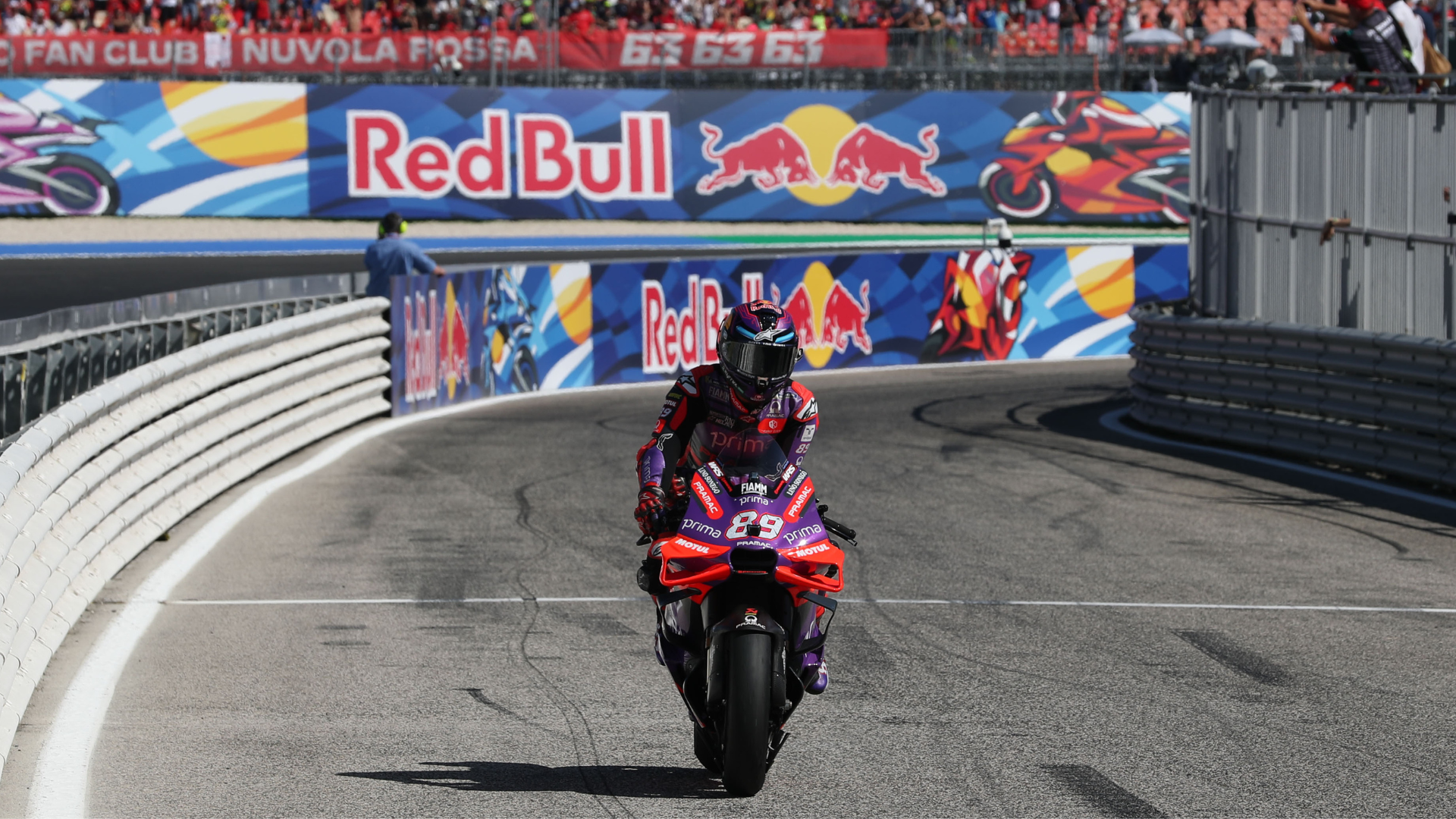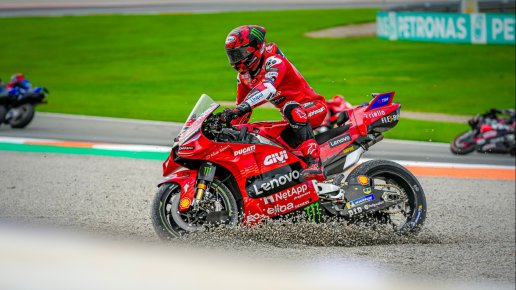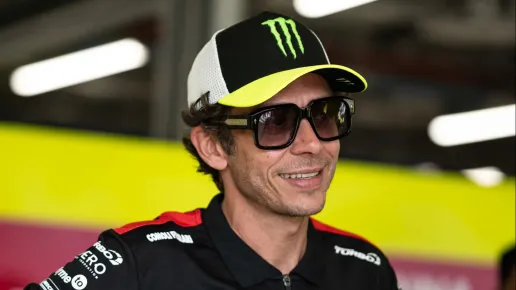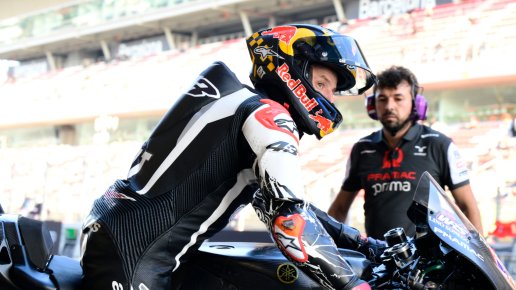
MotoGP to Enforce Engine Freeze from 2025: Yamaha and Honda Exempt, Ducati Set to Stay Ahead

The FIM’s Grand Prix Commission is ready to implement an engine freeze for 2025-2026 as part of cost-cutting measures ahead of MotoGP’s major 2027 regulation changes. Yamaha and Honda, exempt under concession rules, face scrutiny from rivals like Ducati, which aims to extend its dominant run on the track.
F1 & MotoGP news to your inbox every day.
The FIM's Grand Prix Commission is on the verge of approving an engine development freeze in MotoGP, set to come into effect in 2025 and last until the end of 2026 as part of broader cost-control measures. This decision is expected to be discussed during the GPC’s upcoming meeting, which takes place ahead of the second Misano Grand Prix.
Under the freeze, teams must homologate their engines before the season-opening Thai Grand Prix. Once approved, these power units cannot be further modified until the end of the 2026 season, limiting development during this period. However, Yamaha and Honda, two manufacturers currently benefiting from MotoGP's concession rules, will be exempt from this restriction unless their performance improves significantly, jeopardizing their concession status. This exemption is vital for Yamaha, which is in the process of developing its first V4 engine for the upcoming era, shifting away from its traditional inline four-cylinder configuration.
Regulatory changes in MotoGP often lead to conflicts between manufacturers, each with different interests depending on their position in the championship. Yamaha, for example, stands to benefit from the freeze as long as it retains its concessions, allowing it to continue developing its new engine without restrictions. Yamaha’s technical department, now led by Luca Marmorini, has been working on this new engine for months. Yamaha’s plan is to introduce the new 1000cc V4 engine in 2025 and refine it through 2026, before downsizing to 850cc in line with the 2027 regulations.
Despite the cost-containment rationale, this strategy has drawn sharp criticism within the Manufacturers' Association. Some argue that Yamaha’s shift from an inline engine to a V4 requires such a significant investment that it contradicts the intent of the freeze, which is supposed to limit development spending. Critics argue it makes little sense to announce a freeze while allowing one manufacturer to spend millions on a new engine architecture.
Honda finds itself in a similar position to Yamaha, though with less certainty. Like Yamaha, Honda has been investing heavily in its RC213V engine, but the results have been mixed. A recent test at Misano left its riders unimpressed, indicating that the new engine design may not deliver the expected improvements. Nonetheless, Honda values the flexibility that comes with being exempt from the engine freeze, as it believes engine development is key to its resurgence.
Meanwhile, other manufacturers such as KTM and Aprilia have different perspectives on the freeze. KTM, which has been financially struggling due to declining sales, welcomes the rule as it indirectly limits spending on MotoGP. Aprilia, on the other hand, occupies a middle ground. The company has found a delicate balance in how it allocates resources to its MotoGP project. Despite its controlled budget, Aprilia's results have been strong.
Ducati, the undisputed powerhouse of the current grid, has dominated the 2024 season with its Desmosedici. The engine freeze will make it even harder for rivals to catch up. With Ducati already so far ahead, the new regulations will likely cement its superiority until the new rules come into effect in 2027.
The upcoming freeze has already sparked tension among manufacturers due to its impact. As Yamaha and Honda continue to pour resources into engine development under the concession system, other manufacturers like KTM and Aprilia welcome the restrictions, hoping to even the playing field. Meanwhile, Ducati looks set to maintain its dominance for the foreseeable future. With the introduction of new 850cc engines and stricter aerodynamic regulations in 2027, MotoGP is set for a technical overhaul, but until then, the landscape appears to favor Ducati.







